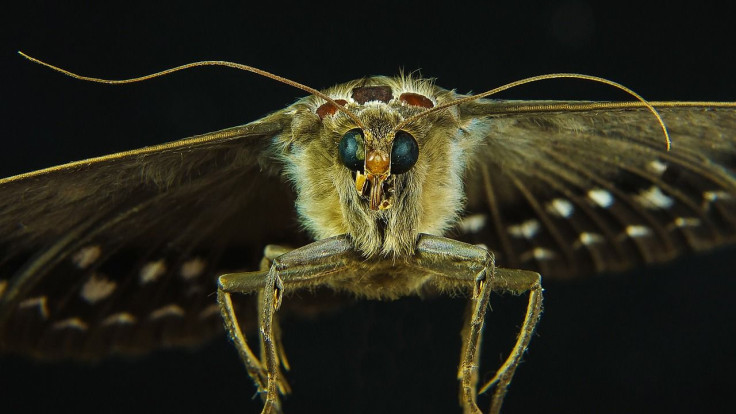Washington State Faces 'Imminent Danger' Of Asian Gypsy Moth Infestation

After recent news about sightings of so-called murder hornets in Washington state, authorities are now warning of a possible infestation of another non-native pest species.
Washington state Gov. Jay Inslee issued an emergency proclamation Tuesday, stating an "imminent danger of an infestation" of non-native pests, the Asian gypsy moths and the Asian-European hybrid gypsy moths in Snohomish County.
"(T)his imminent danger of infestation seriously endangers the agricultural and horticultural industries of the state of Washington and seriously threatens the economic well-being and quality of life of state residents," the proclamation stated.
Although they are quite similar to the European gypsy moths that can be found in northeastern United States, according to the Washington State Department of Agriculture (WSDA), Asian gypsy moths pose greater threats since infestations spread faster and more widely. Further, female European gypsy moths cannot fly whereas Asian gypsy moth females, which can lay hundreds of eggs, can fly for up to 20 miles.
Asian gypsy moths are "aggressive" defoliators that can feed on over 500 species of host trees. In the U.S., Washington state has had more Asian gypsy moth introductions than any other state.
According to the U.S. Department of Agriculture, the Asian gypsy moth poses a serious threat to the country's landscape and natural resources if they become established in the country.
The day after Gov. Inslee's proclamation wherein he ordered the WSDA to use the necessary measures to eradicate the gypsy moths, the agency announced its plans to begin eradication treatments in Snohomish County.
"The Washington State Department of Agriculture (WSDA) plans to begin treatments to eradicate gypsy moth introductions – including the first-ever detection of the Hokkaido gypsy moth in the United States – starting Thursday, May 14, weather permitting," WSDA said in the May 6 statement. "In total, WSDA will aerially treat about 1,300 acres with a naturally occurring soil bacteria, Btk (Bacillus thuringiensis var. kurstaki.)."
Btk is naturally found in the environment and is not considered to be harmful to pets, bees or humans. It is, however, effective for gypsy moth eradication.
That said, people are advised so remain indoors to minimize their exposure until 30 minutes after the treatment. Since Btk is sticky, residents can also choose to cover their cars parked outside, although it can be removed using soap and water.






